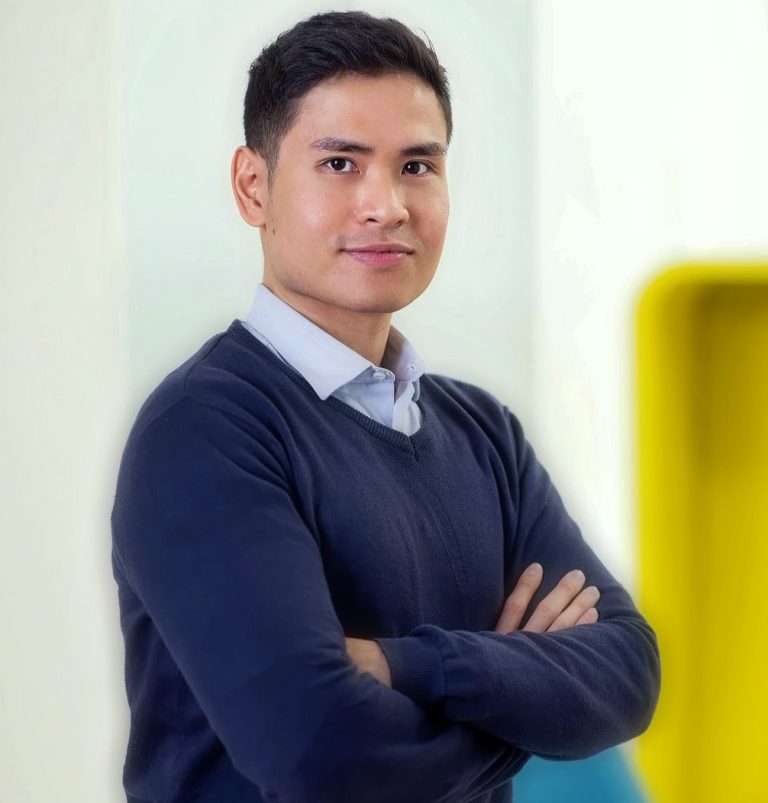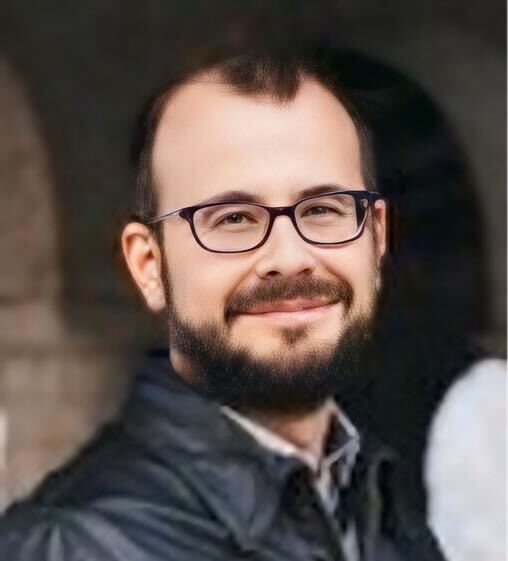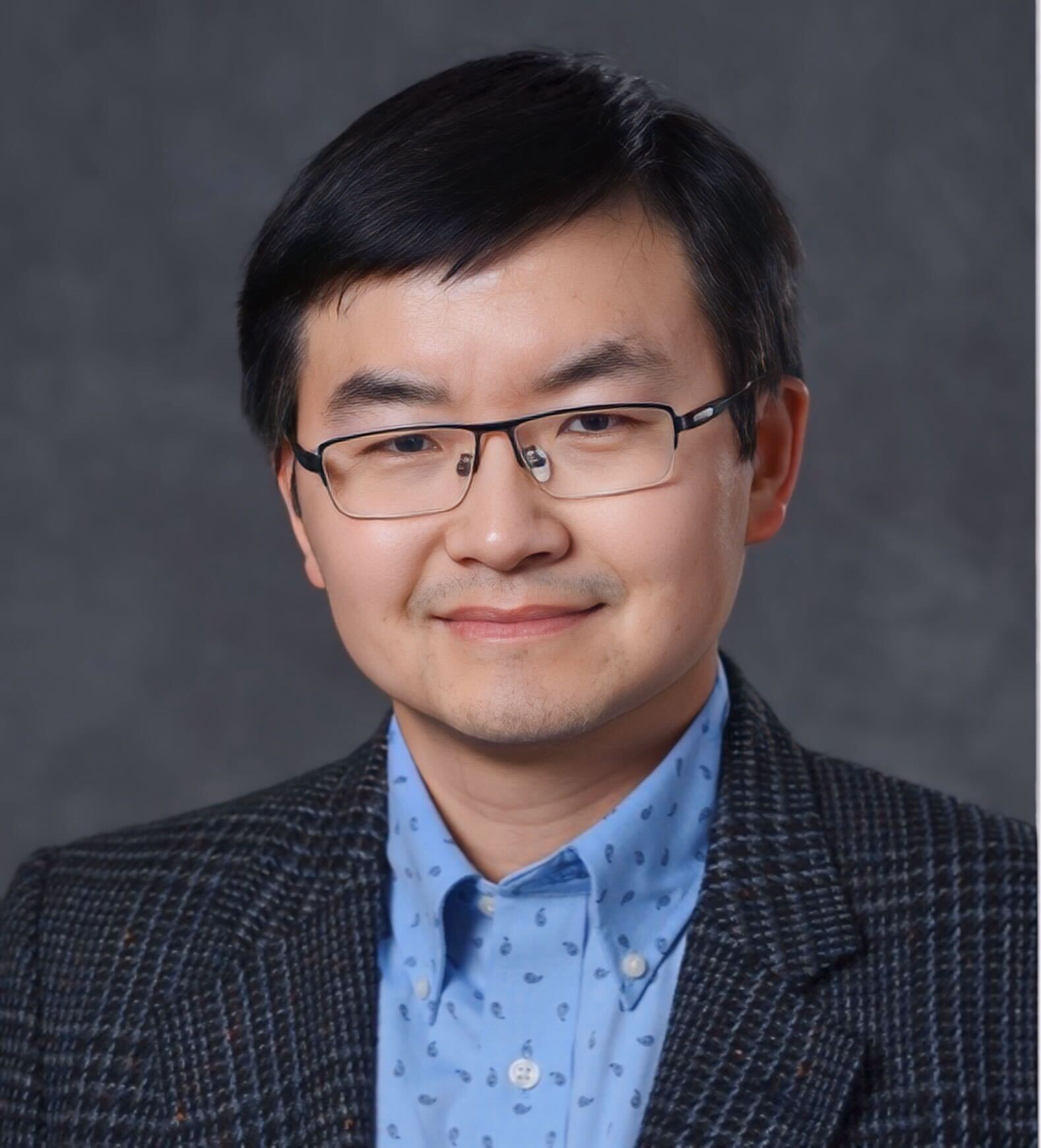Domain Adaptation on Wheels: Closing the Gap to the Open-world

Tuan Hung Vu
Tuan-Hung Vu is a research scientist at Valeo.ai in France. He obtained his Ph.D. in computer vision and machine learning from Ecole Normale Supérieure in 2018 under the supervision of Ivan Laptev. His recent works focus on label-efficient learning of robust and reliable perception models, covering various topics such as domain adaptation, domain generalization, robustness, zero-shot learning, and open-vocabulary learning.
Recent years have witnessed tremendous success of deep models in critical scene understanding tasks like semantic segmentation, playing a vital role in the perception stack of autonomous machines. Although state-of-the-art deep models achieve remarkable performance in their operational design domain (ODD), they are prone to failure when the input data shifts away from the ODD. To tackle this challenge, Domain Adaptation has recently emerged as a promising tool to mitigate the failures caused by data shifts at a minimal operational cost. In this talk, I will demonstrate how domain adaptation can be employed for autonomous driving applications. I will start by revisiting the standard unsupervised domain adaptation (UDA) setup in semantic segmentation (AdvEnt CVPR’19, DADA ICCV’19, xMUDA CVPR’21, ConDA TPAMI’21), then discuss different approaches to make domain adaptation more practical (BUDA CVIU’21, MTAF ICCV’21, and MuHDi CVPRW’22). Moving closer to the ultimate open-world testbed, I will present the technique developed in our recent work (PODA arxiv’23) that performs adaptation to the unseen.




